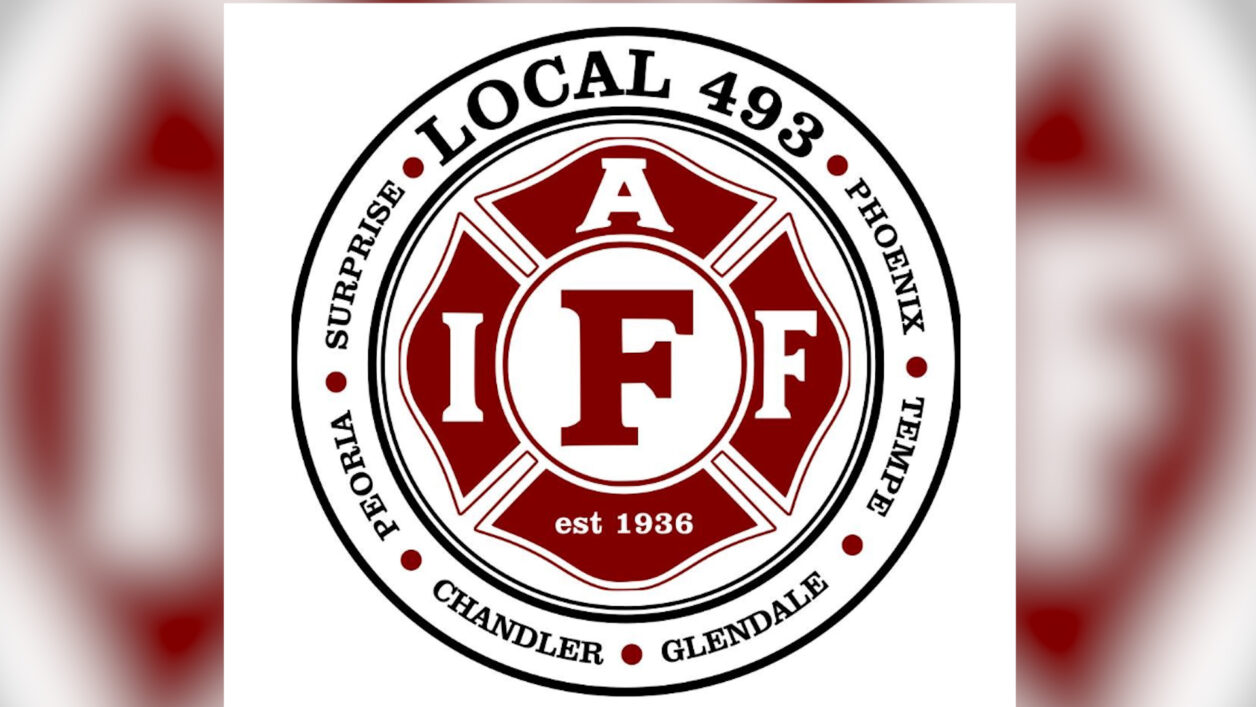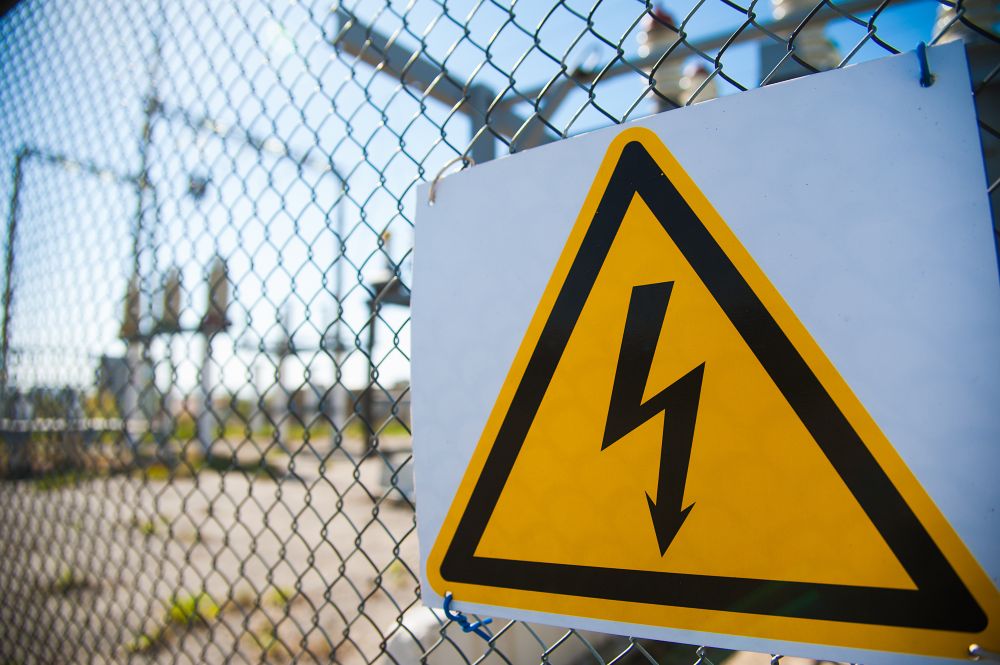In the toughest of times, the best support comes from a peer who’s been there.
It’s something Phoenix, AZ Local 493 President Bryan Willingham knows all too well.
“When a crisis occurs, those members really want to be talking to their peers and not necessarily clinicians or other folks,” he said. “I think that would probably resonate with most fire departments.”
Willingham says the idea to launch a medic peer response pilot program was coordinated by Local 493’s Member Services, led by Local 493 Member Services VP Ray Maione, along with a Joint Labor/Management team and their longtime partner, Public Safety Crisis Solutions, and stemmed from conversations with members. “They are dispatched to higher-end crisis calls, such as child victim situations, drownings, suicides, and incidents involving police officers or shootings,” Willingham said.
The medic peers are dispatched to various critical incidents to connect with impacted Local 493 members, and coordinate with clinicians when needed. “Even sometimes, if they don’t request help, we try to connect them to somebody just to circle back, and to double up on following up with their mental status,” said Willingham.
“There’s no such thing as a last round for our fight. We’re just going to pass the baton on and somebody else is going to continue the fight.”
local 493 president bryan willingham
Willingham says the program is union-funded, with an allocation in their contract to support the agreement with Public Safety Crisis Solutions, while the Local covers the salaries of the Member Services team. He says the Member Services Building, located in the former Station 30, was converted a year ago to house additional programs. “They run support groups out of there. We have a divorce group that we coordinate through there. We’re running a cognitive program through that. We’re very, very proactive about utilizing that building specifically for our members and their mental health,” he said.
Willingham says, so far, the program is seeing a lot of engagement. “We’re seeing great results,” he said. “I don’t think there’s a program that we offer that’s better than what our Member Services team does. It might be controversial for a union leader to say, but I think mental health and quality of life is more important than wages, benefits, and working conditions.”
His advice to other IAFF Locals who may want to implement a similar program: “Stay the course and try to prioritize the mental health component. You’re going to have to get used to being told no.”
But for Willingham, the fight is worth it for the health and safety of future generations in the fire service. “There’s no such thing as a last round for our fight. We’re just going to pass the baton on and somebody else is going to continue the fight.”



